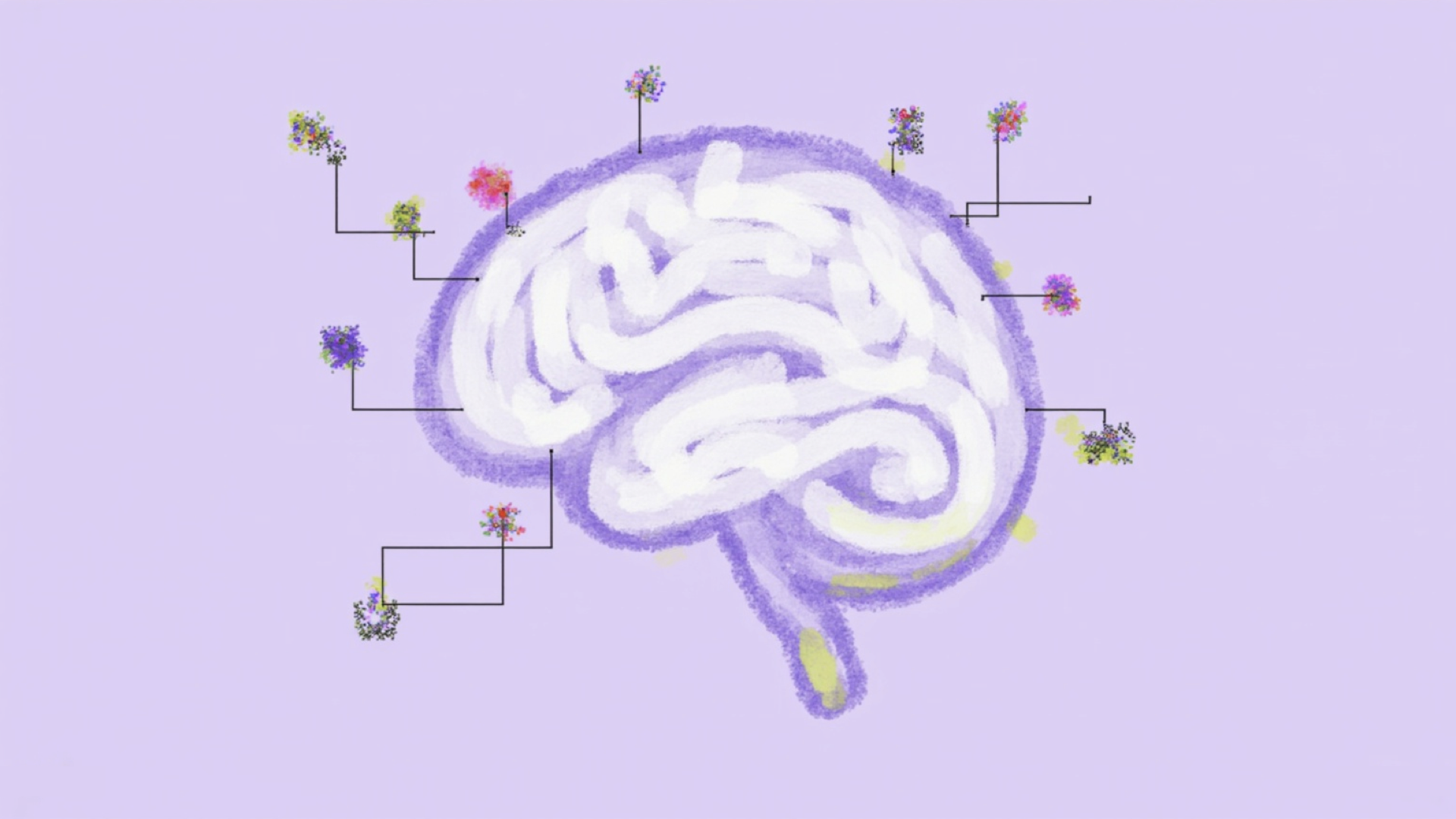Announcing Flint and Mem0’s Series As

November 6 2025
By Lan Xuezhao
Announcing Flint and Mem0's Series A.
Education isn’t about learning knowledge, at least not anymore in the LLM era; it’s about training the brain. Nothing transforms brains and lives quite like learning does. Children who grow up speaking multiple languages show measurable differences in brain structure compared to those who speak only one (Pliatsikas, DeLuca, & Voits, 2020), and simple executive function training has a long lasting impact on children’s academic outcomes, which directly leads to better socioeconomic status.
Today’s LLMs excel at mimicking human behavior on the surface, but they don’t operate the way humans actually think. Talking to LLMs is like talking to a very knowledgeable high IQ person with low EQ and no long-term memory. Models are trained on a sea of averages and aren’t very good at breakthroughs or generating truly novel ideas — the kind that extraordinary humans can create.
In many domains, LLMs are a ways from competing with the very best humans. To approach the next level of cognition, AI will not only need to see and hear like humans, but be able to anticipate behaviors based on attitudes, personalities and incentives. Bridging this gap will require a breakthrough that I’m calling “Unified Cognition.” We are actively investing in startups contributing to this, from scaling human simulation and novel data collection to conducting fundamental research on learning and human psychology.
Mass Access to Learning
As a first-generation high school graduate whose family lived on less than minimum wage, I learned that the biggest difference between rich and poor isn’t money, it’s access to learning opportunities. Historically schools have provided a prestigious proprietary network and access to specialized knowledge that was otherwise restricted. But with AI rapidly democratizing knowledge, the bottleneck is fast becoming the distribution of knowledge itself.
We don’t yet have unified cognition, but we’re building fragments of it. When those fragments start to cohere, the challenge won’t just be building smarter systems — it’ll be finding the right institutions, like schools, to distribute and integrate them into human learning. Going to a certain school shouldn’t be a status symbol, it should be one of the best places to push your thinking and help you improve.
Recent Investments
We love research companies that advance our quest for unified human cognition models, as well as companies leveraging advanced research to democratize and personalize learning experiences, increasing the speed with which humans can ingest and make use of information.
We’ve already quietly made multiple investments in companies pursuing these missions, including Mem0, the universal self-improving memory layer for AI, among others still in stealth. Today we’re announcing our latest investment in this thesis — Flint’s Series A.
Flint is the market leader for AI education in independent schools today. They are rewriting what’s possible in education and they’re doing it with precise execution and state-of-the-art technology, scaling to millions in revenue with only 7 people on their team.
Flint’s founders embody exceptional entrepreneurs: they’re fast learners, authentic builders and relentlessly focused on solving real problems.
There’s never been a better time to build for our future. If you’re building in areas underlying basic cognitive research, learning, brain sciences or computational biology, let us know. If you’d like to join our collective quest to build the future of unified cognition and mass access to learning, please reach out!